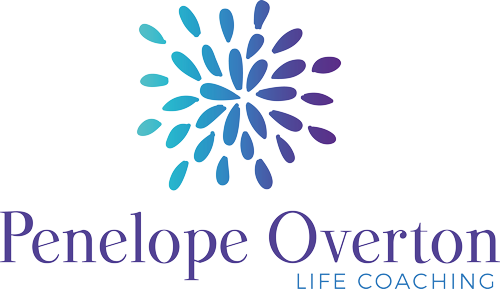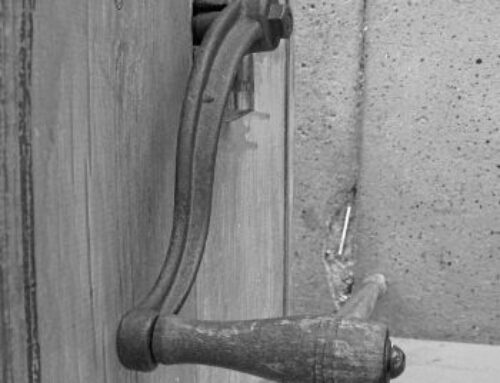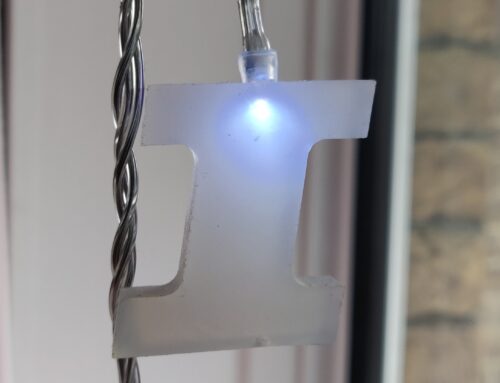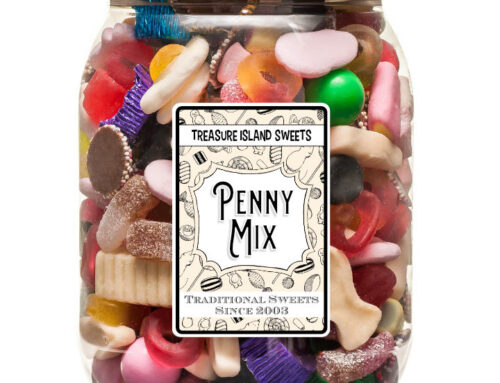I had my COVID vaccination on Monday. I wasn’t making history, I wasn’t doing my bit for Britain, and I certainly didn’t feel part of something world beating. Instead I felt cross, uneasy and anxious, not to mention jolly unwell the following night.
I am wary of pharmaceuticals generally, while at the same time recognise, of course, that medical science has changed our lives unrecognisably over the last century. Mis- and over-use of antibiotics has, as we all know, resulted in serious bug mutation and consequent ineffectiveness of existing treatments; hormones from human and animal waste impact our environment; and the harm caused by addiction to prescription drugs is well reported.
I’m not for a minute wishing we had a less advanced medical system – that would be ignorant and absurd. I’m also not an anti-vaxer. It’s unarguable that vaccinations have changed all our lives and they appear to be the only way forward is this current world crisis. I’m not even arguing that these vaccinations have been cobbled together (to understand how the technology has been in the pipeline for years read this), nor that has it been sped through the regulatory system at the expense of safety.
Yet, for me, something remains uncomfortable.
I was listening to Any Answers on Saturday and a caller started to describe the symptoms he had experienced after his vaccination. Anita Anand cut him off, there’s no other way of describing it.
Remember when you were a little kid, and you knew something was up but your parents wouldn’t tell you what; or kids at school were whispering and you didn’t know what it was about; or you had a sense your partner wasn’t telling you the whole truth; or your boss was damning with faint praise rather than coming clean on your appraisal? The imagined possibilities are nearly always worse than the actual facts. And even if the facts do turn out to be as bad as you guessed, knowing is rarely worse than the fear
I notice this in my mediation and coaching work a lot. When I help a client investigate their needs around a fearful situation, those needs most often turn out to be for knowledge, clarity, certainty, understanding and information.
The fact is, the more we are told not to ask, the more suspicious we become. An open debate, where questions, anxieties, doubts can be aired, properly heard, discussed by people who actually know the answers, the less exposed we are to misinformation, less likely to be suspicious and fear the worst.
Anand was wrong to cut that caller off. People aren’t put off vaccinations because they might feel a bit rough afterwards; they’re put off them by a sense that there could be long term dangers, and that important information is being withheld. Open debate has to be better than stifled fears.





